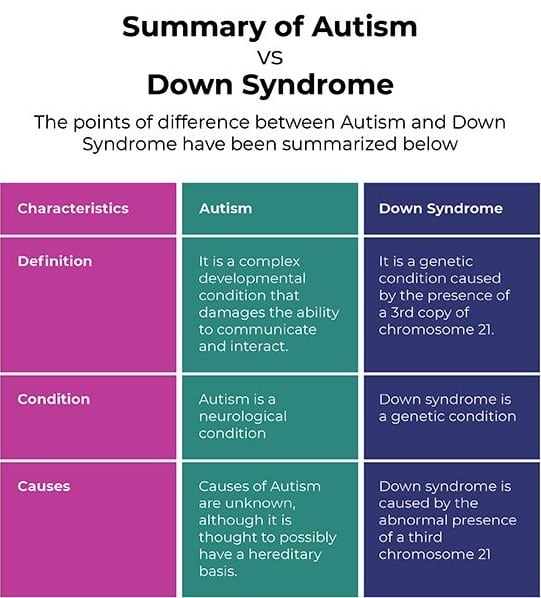Alterations in chromosome structure or number can affect individuals in various ways, and while there is no cure, there are treatments available to manage symptoms and enhance quality of life. Here are some options parents can consider:
- Early intervention services: Speech therapy, physical therapy, and occupational therapy can help children with chromosome alterations reach their developmental milestones.
- Medication: Certain medications can effectively address symptoms like seizures, aggression, and anxiety.
- Surgery: In some cases, surgery may be necessary to address physical abnormalities resulting from chromosomal changes, such as heart problems.
- Behavioral therapy: Behavioral therapy assists in managing behavioral issues associated with chromosome structure or number alterations.
- Supportive care: Ongoing support, including specialized education, social services, and community programs, can be beneficial for individuals with these alterations.
For instance, a child with Down syndrome experiencing communication difficulties can receive speech therapy through early intervention services. Behavioral therapy can also help address any behavioral challenges.
Prognosis varies depending on the specific alteration’s type and severity. While some individuals can lead fulfilling lives with ongoing support, others may require consistent medical attention and assistance with daily activities.
In summary, alterations in chromosome structure or number may necessitate ongoing medical care and support. Goally, a tablet with engaging apps, could assist children with language skills and developmental challenges associated with these alterations.














